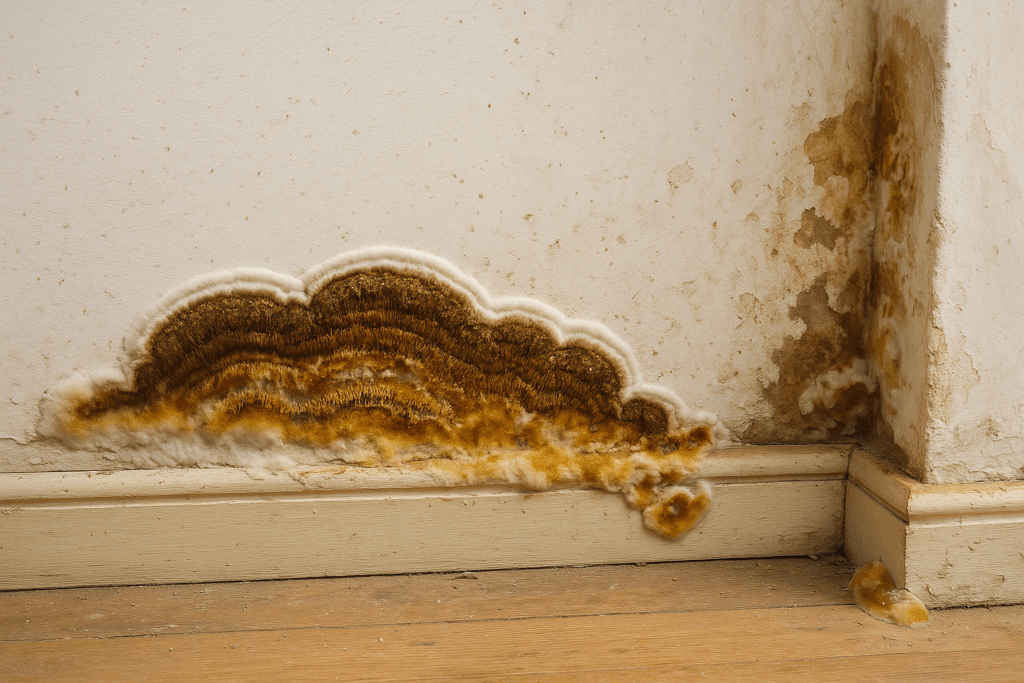
Can You Sell a House with Squatters?
If you’re a homeowner, you might be worried about the threat of squatters. The process of dealing with squatters and selling your property can be confusing. What is the difference between squatting and trespassing? What rights do squatters have? Can you sell a house with squatters? This article will offer answers to these common questions, as well as give you useful tips on how to sell your home, even if it is occupied by squatters.
What is a squatter?
A squatter is someone who occupies property or land without permission. They often target abandoned or empty buildings. In the UK, squatting is illegal, and those caught can face penalties such as fines or imprisonment. The property owner, the police, the council, or a repossession order can all instruct squatters to leave. If they refuse, the police may get involved, and the squatters could be sentenced.
What causes people to squat?
Many experts suggest that squatters often face mental health challenges and addiction. Although some squatters take pride in the property they occupy and even make improvements, in many cases, the property is in poor condition. This is often due to the squatter expecting to be evicted soon. While there are various reasons someone may choose to squat, homelessness is usually the main factor.
Is squatting different from trespassing?
Yes, squatting and trespassing are different. Trespassing usually involves entering or passing through a property or land without permission, while squatting means living or staying there without the right to do so.
What rights do squatters have to claim a house in the UK?
A squatter who has occupied a property or piece of land without the owner’s permission for a long period can apply to become the registered owner through a process called adverse possession. To do this, they must complete a form and submit it, along with a statement, to the HM Land Registry Citizen Centre proving the following:
- They have occupied the property for at least 10 years (or 12 years if the property is not registered)
- They have acted as the owner of the property during that time
- They did not have the owner’s permission
The Land Registry will review the application and notify the owner.The original owner has 65 days to accept or challenge the application. If objections are raised, the application will typically be rejected. If no objections are made, the squatter can be registered as the new owner. If a squatter remains in possession of the property and the owner has not taken steps to remove them or reclaim the property within 2 years, the squatter can reapply.
Is my property vulnerable to squatters?
Squatters often take advantage of properties in certain situations:
- Properties in probate are vulnerable to squatters, especially if they have little or no security measures in place
- ‘Holiday lets’ that are empty for extended periods
- Rental homes under renovation
- Repossessed properties waiting to be sold
In general, any property that has been left vacant or unattended for a long time is at risk of squatting. Squatters may recognise these properties as easy targets and hope to stay unnoticed for as long as possible, eventually attempting to claim the property for themselves through squatters’ rights in the UK.
What do I do if I have squatters on my property?
If you discover squatters on your property, there are two main ways to address the situation: applying for an Interim Possession Order (IPO) or making a claim for possession. It’s important to hire a solicitor to guide you through the process.
You can only apply for an IPO if it’s been 28 days or less since you became aware of the squatters. To apply, you’ll need to complete a form and submit it to your local county court. When submitting your forms, you will need to include one of the following: a reference number for help with fees or a contact number if you wish to pay by phone. If more than 28 days have passed, you’ll need to pursue a claim for repossession instead. This also involves completing an application and submitting it to your local county court, which costs £391. This also applies if you live in Wales and Scotland.
The process for removing squatters in Northern Ireland is slightly different. You will typically need to contact the Enforcement of Judgements Office, which will handle the situation on your behalf.
Selling a house with squatters
Removing squatters from your property can be both costly and stressful. In addition to the emotional impact, you may be left with a property that requires extensive repairs. Selling a property with squatters is especially challenging, as traditional viewings are impossible, making the property less appealing to potential buyers due to the legal and financial risks involved.
Additionally, insuring a property with squatters is nearly impossible, putting you at significant financial risk if the squatters cause any damage, either accidentally or intentionally. While squatting is a serious issue for owners of vacant properties, luckily there are options available to help address the situation.
How Sell House Fast can help
If you own an empty property and are concerned about squatters but don’t want to deal with the costs of securing it, Sell House Fast can help. As cash house buyers, we simplify the process by eliminating the need for completion chains or dealing with unexpected delays. We’ll make you an offer for your empty property today. Our expert valuation team will provide a cash offer within hours of receiving your details, and our dedicated solicitors will ensure the legal process runs smoothly once the offer is accepted. This allows you to sell quickly, efficiently, and at a fair price.
If squatters are already in your property and you want to sell your house fast without going through the lengthy eviction process, we can assist. Eviction can take months or even years, with substantial legal costs and repairs. By choosing a professional cash house buyer like Sell House Fast you can avoid the traditional estate agent process and its associated burdens. Whatever your situation, we can help. Simply fill out our form to get your free cash offer today.


